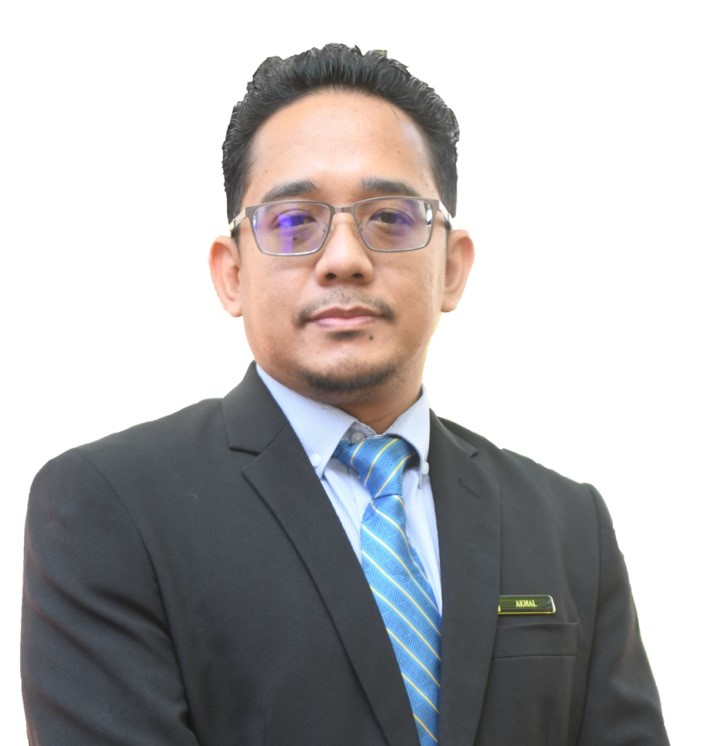Collection
New AI-Based Platforms and Architectures for IoT: Enabling Smart and Autonomous System
- Submission status
- Closed
The Internet of Things (IoT) has transformed the way we interact with the world around us, with billions of interconnected devices generating vast amounts of data every day. To make sense of this data and unlock its full potential, there is a growing need for intelligent systems that can learn from and adapt to changing environments. This is where artificial intelligence (AI) comes in, enabling us to create smart and autonomous systems that can make decisions and take actions without human intervention.
However, implementing AI in the IoT paradigm is not without its challenges. One of the primary challenges is the limited computational resources of IoT devices, which makes it challenging to run complex AI algorithms locally. Additionally, privacy and security concerns are a significant concern when it comes to implementing AI in IoT, as many IoT devices collect sensitive data that must be protected. Interoperability and standardization are also critical issues, as there are currently many different IoT platforms and protocols that are not always compatible with each other.
This Topical Collection aims to address these challenges by bringing together cutting-edge research on new AI-based platforms and architectures for IoT. We invite original research articles, reviews, and case studies that present innovative solutions, methodologies, and best practices to overcome the challenges of implementing AI in IoT. Topics of interest include but are not limited to:
• Edge computing and AI for IoT
• Federated learning and distributed AI in IoT
• Blockchain-enabled IoT architectures for AI
• Explainable and transparent AI for IoT
• Secure and privacy-preserving AI for IoT
• Hybrid AI architectures for IoT
• IoT-enabled reinforcement learning and decision-making
• IoT-based intelligent control and optimization
• Real-world applications and use cases of AI in IoT
Keywords: AI; IoT; Edge computing; Federated learning; Blockchain; Explainable AI; Secure AI; Hybrid AI; Reinforcement learning; Intelligent control; Optimization; Smart systems; Autonomous systems.
Editors
-
Pablo Chamoso
Associate Professor Pablo Chamoso, University of Salamanca, Spain He holds a PhD in Computer Engineering from the University of Salamanca. He has obtained the titles of Technical Engineer in Computer Systems, Computer Engineer, and Official Master's Degree in Intelligent Systems. Currently, he is an Associate Professor at the Department of Computer Science of the University of Salamanca. He is a research member of the BISITE research group since March 2011, collaborator at IBSAL, member of the University Institute of Research in Art and Technology of Animation, member of the Institute of Electrical and Electronics Engineers (IEEE), etc.
-
Héctor Quintián
Assistant Professor Héctor Quintián, University of A Coruña, Spain He is an Assistant Professor at the University of A Coruña (UDC). over the last 10 years, he has 62 research papers in journals indexed with relative quality index, all in the JCR. Around 70% of them have been published in journals in the first two quartiles of their categories. Furthermore, he has published 65 contributions to conferences, of which 80% correspond to international conferences.
-
Alfonso González-Briones
Associate Professor Alfonso González-Briones, University of Salamanca, Spain He earned a Ph.D. in Computer Engineering in 2018 at the University of Salamanca. At the same University, he had also obtained a Bachelor of Technical Engineering in Computer Engineering (2012), a Bachelor’s Degree in Computer Engineering (2013), and a Master’s Degree in Intelligent Systems (2014). Currently, he is Associate Professor at the University of Salamanca in the Department of Computer Science and Automation. He has published more than 30 articles in journals, more than 60 articles in books and in the proceedings of international congresses.
-
Muhammad Akmal Remli
Muhammad Akmal Remli, Universiti Malaysia Kelantan, Malaysia He joins Institute for Artificial Intelligence and Big Data, Universiti Malaysia Kelantan as a fellow researcher in early 2020 and he is currently the director of the Institute for Artificial Intelligence & Big Data. He is also a senior lecturer in Data Science Department at UMK. He received a Master and a PhD degree in Computer Science from Universiti Teknologi Malaysia in 2014 and 2018 before joining Universiti Malaysia Pahang from 2018 until 2020. In 2016, he worked at The Bioinformatics, Intelligent Systems and Educational Technology Research Group at University of Salamanca.





